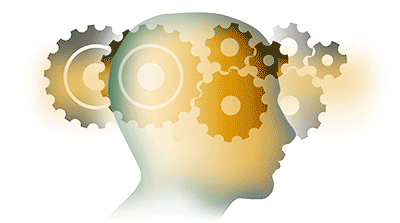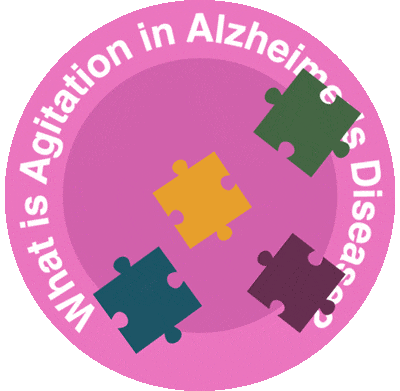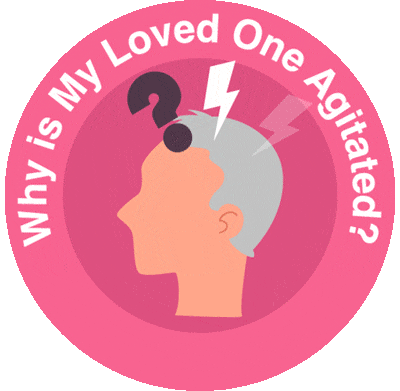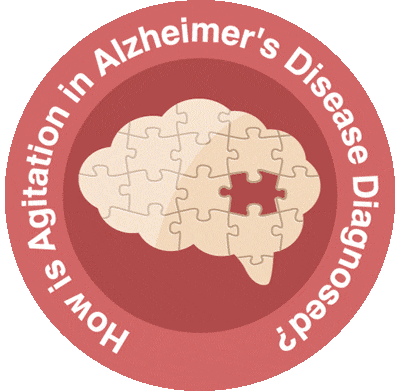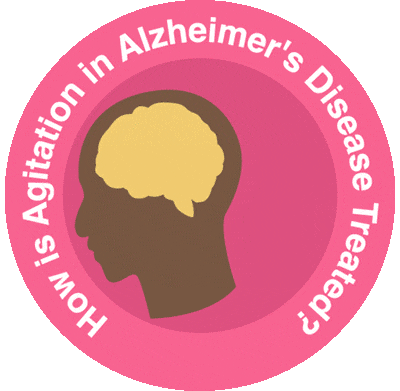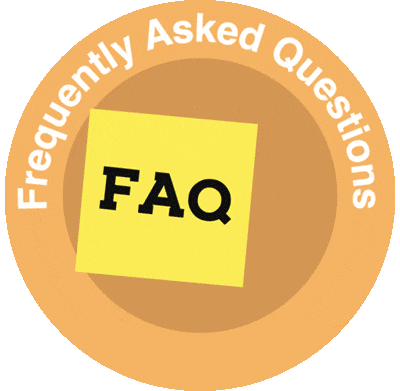
What is Agitation in Alzheimer’s Disease?
There are numerous signs of agitation. The most common features are restlessness, nervousness, irritability, and a persistent sense of unease.1–3 Other signs include inappropriate speech, sounds, and movements. The person may pace continuously, wander, and engage in repetitive motor movements.4
People with agitation in Alzheimer’s disease (AAD) may become verbally and physically aggressive, hide and hoard things, and dress inappropriately (or undress in front of others). You may hear a lot of complaining, negativism, repetitive sentences, or questions. On the aggressive side, biting, grabbing, hitting themselves or others, intentionally falling, kicking, and making physical and sexual advances are just a few of the behaviors your loved one may exhibit.4 They may also be depressed, anxious, and angry.5
Other issues include hallucinations (ie, that there is a hole in the floor when it’s really a rug); delusional thinking (ie, that they have to go to work)6; and sleep issues, including sundowning, in which the AAD symptoms become worse beginning at dusk.7
References
- Cerejeira J, Lagarto L, Mukaetova-Ladinska EB. Behavioral and psychological symptoms of dementia. Front Neurol. 2012;3:73.
- Borisovskaya A, Pascualy M, Borson S. Cognitive and neuropsychiatric impairments in Alzheimer’s disease: current treatment strategies. Curr Psychiatry Rep. 2014;16:470.
- Koenig AM, Arnold SE, Streim JE. Agitation and irritability in Alzheimer’s disease: Evidenced-based treatments and the black-box warning. Curr Psychiatry Rep. 2016;18:3.
- Cohen-Mansfield J. Agitated behavior in persons with dementia: The relationship between type of behavior, its frequency, and its disruptiveness. J Psychiatr Res. 2008;43:64-69.
- Grossberg GT, Kolanowski A, Medders L, et al. Understanding agitation in Alzheimer’s disease. Insights and Implications in Gerontology. August 2023 (https://issuu.com/gsastrategicalliances/docs/insightsimplicationsaad). Accessed 11/2/23.
- National Institute on Aging (NIA). Alzheimer’s and hallucinations, delusions, and paranoia. 2017 (www.nia.nih.gov/health/alzheimers-and-hallucinations-delusions-and-paranoia). Accessed 11/2/23.
- Alzheimer’s Association. Sleep issues and sundowning. 2023 (www.alz.org/help-support/caregiving/stages-behaviors/sleep-issues-sundowning). Accessed 11/2/23.
